Blocher defiant over immunity decision
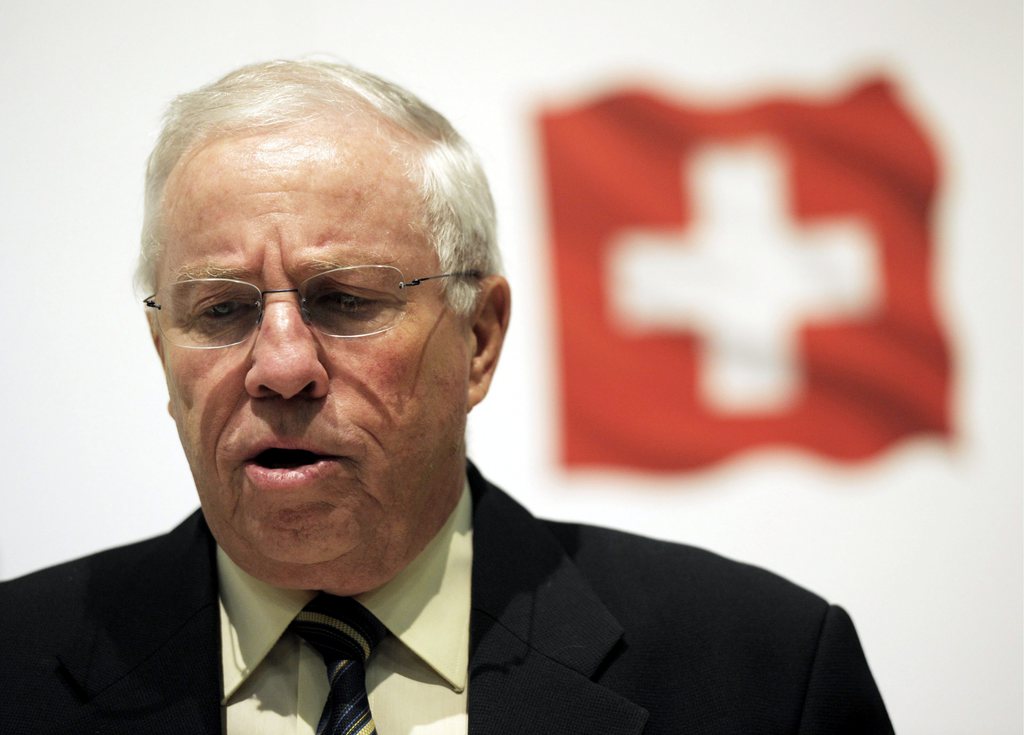
Former justice minister Christoph Blocher has denounced as “purely political” a ruling by a Senate committee that he is not protected by parliamentary immunity in the case of alleged violation of banking secrecy laws.
Interviewed on French-language Swiss public radio on Friday, he said he had simply been doing his work in the case which led to the resignation of Philipp Hildebrand as chairman of the Swiss National Bank on January 9.
The Senate’s legal affairs committee decided by ten votes to three on Thursday that Blocher was not covered for his actions even after he had been sworn in as a member of the House of Representatives, because the act of “encouraging someone to pass on confidential information to the press is not part of the mandate of a member of parliament”.
Hildebrand resigned amid a furore over private foreign currency transactions made by his wife. He was unable to prove he did not have prior knowledge of these, raising the spectre of a conflict of interest.
The story was broken by the German-language weekly Weltwoche, which has close ties to the rightwing Swiss People’s Party of which Blocher is regarded as the strongman.
In early January, the magazine published details of the Hildebrand family’s banking data. The data was illegally copied by an employee of Bank Sarasin, who handed it over to two People’s Party cantonal parliamentarians and to Blocher.
In the wake of the controversy, the Zurich public prosecutor’s office opened a criminal investigation into whether the four men violated Swiss banking legislation.
As a member of the House of Representatives, Blocher claimed parliamentary immunity. But the alleged violations took place just before and just after he was sworn in to parliament.
One issue on which the legal affairs committees of the two chambers had to decide was whether and when he was covered by immunity. The other was whether the nature of the alleged violation was such that the perpetrator was not protected.
While both agree that he was not covered before his swearing in on December 5, the house committee decided in April that he could indeed claim immunity afterwards. That committee will now have to reconsider the issue.
Legal ruling
Speaking to journalists after their ruling, members of the Senate committee made clear that their decision was a purely legal one, to enable the Zurich prosecutor’s office to proceed with its investigation into what are currently merely allegations.
Blocher declared that he has no intention of stepping down from parliament, even if he is found guilty. But he also said that he is not worried at the thought of a court case.
He said in the interview on public radio that he was concerned about the deeper implications of the committees’ ruling.
“It’s not a serious matter for me. I can afford to pay lawyers and so on. But an ordinary member of parliament who isn’t rich can’t do that. Then they won’t feel able to do certain things because they will always be afraid that the prosecutor will come after them, and now we have a parliament which says they are no longer protected by immunity, and then they can’t do their work,” he said.
Most of the Swiss papers on Friday contented themselves with reporting the facts and comments of the two sides. However, a commentary in the German-language Bund regretted the committees’ decision that immunity comes into force only when a member is sworn in.
“This legalistic point of view makes too much of the act of swearing-in and disregards the basis of parliamentary immunity, which is election by the people,” it said.
While describing the hatred of the People’s Party for Hildebrand as “fanatical”, and regretting the fact that Hildebrand had to step down, the paper points out that thanks to Blocher’s action the National Bank tightened up its rules.
And it warns that Blocher will find a way to make use of the “martyrdom bonus”.
The Neue Zürcher Zeitung for its part points out that the People’s Party had called from the beginning for full light to be shed on the Hildebrand affair. It says lifting Blocher’s immunity will simply enable investigators to look into the circumstances in which data was procured illegally.
“That the trail leads to Christoph Blocher’s home, among other places, is well known. What was cooked up there must also be of interest to a party which is always demanding that nothing remains hidden.”
Defender of banking secrecy
As part of the criminal investigation, police have questioned and searched the homes and businesses of the four men, including Blocher. According to some press reports, Blocher went so far as to have prompted the bank employee to leak the data.
Ironically, Blocher has always been a staunch defender of Swiss banking secrecy in the face of attacks from abroad. Countries such as the United States have been seeking information about suspected tax evaders with bank accounts in Switzerland.
Blocher has rejected the accusations, claiming he acted only as a “postman”. On December 5, he forwarded the information he had about Hildebrand’s currency dealings to the then Swiss president, Micheline Calmy-Rey.
Indeed, on May 20, Calmy-Rey, from the centre-left Social Democratic Party, defended as “normal” Blocher’s role in passing on details. This action is not the subject of a legal enquiry.
The Zurich prosecutor’s office, which at the end of March formally requested Blocher’s immunity be revoked, is interested in two incidents.
One is the meeting Blocher had on December 3 with the bank employee and a member of the cantonal parliament, where the question is whether Blocher put pressure on them to hand him confidential papers.
The other occurred on December 27, when he is suspected of being behind the leak that enabled Weltwoche to publish screen shots of the transactions carried out by Hildebrand’s wife.
In Switzerland members of parliament and the government enjoy full immunity for views expressed in an official context and capacity. Within those limits, no civil, criminal or disciplinary sanction may be invoked against them.
Parliamentarians and ministers also benefit from relative immunity for statements and actions outside their official activities. As of last December, however, this immunity covers only statements and actions which directly relate to their function.
In the past 30 years, parliament has adjudicated 38 requests
to deprive parliamentarians and ministers of their political immunity. Only once, in the case of a minister who had resigned, Elisabeth Kopp, was immunity in fact lifted.
In the cases of three elected members, parliament found that the acts at issue had no relation to their parliamentary activity and left the way open to criminal charges.
Over the past 20 years, Blocher has guided the People’s Party through five successful elections. The rightwing party has thus become the largest political grouping at national level, whereas in 1995 it ranked only fourth.
Blocher was a member of the House of Representatives from 1979 to 2003, the year in which he was elected to the Swiss government. In 2007, a majority in Parliament declined to reappoint him as a minister.
In 2011 Blocher, who is vice-president of the People’s Party, was again elected to the House of Representatives.

In compliance with the JTI standards
More: SWI swissinfo.ch certified by the Journalism Trust Initiative
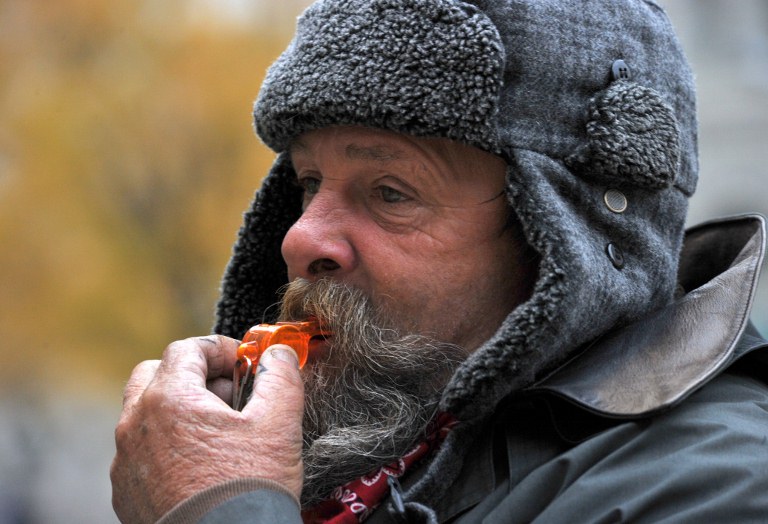
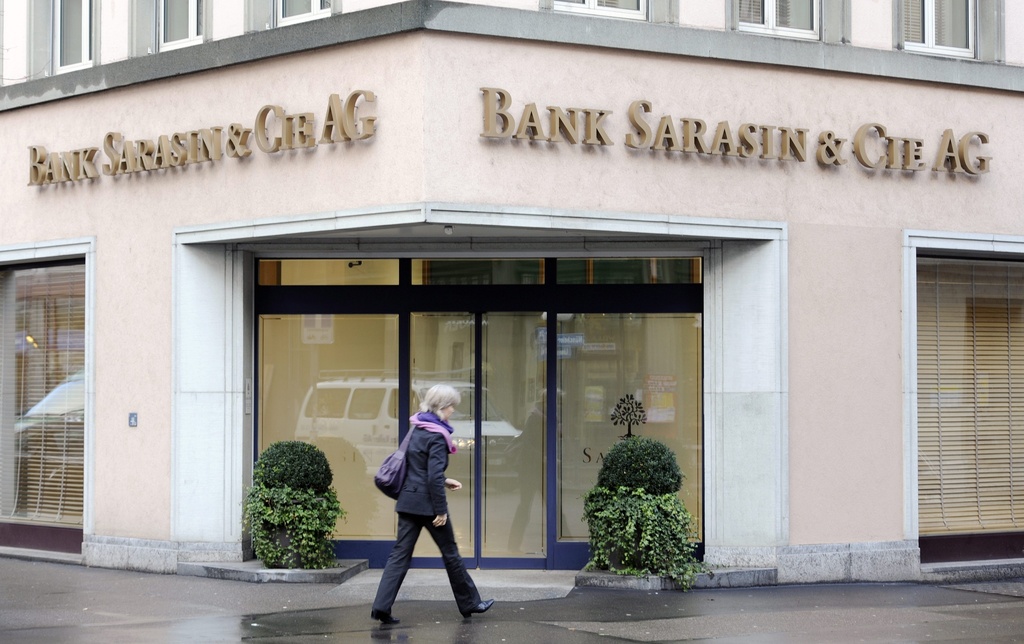
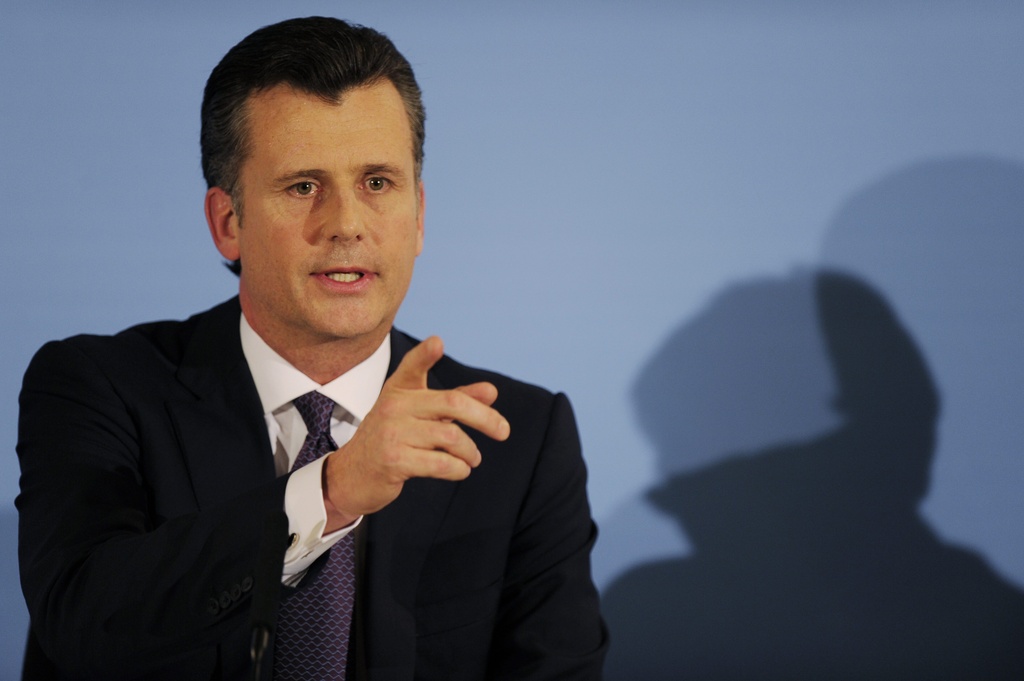
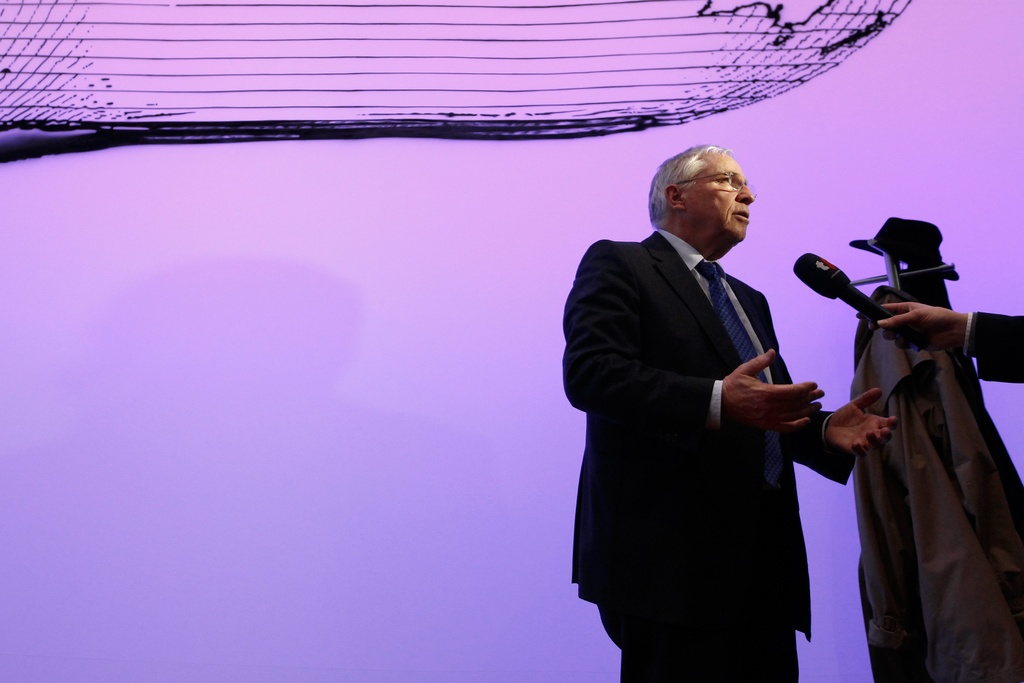
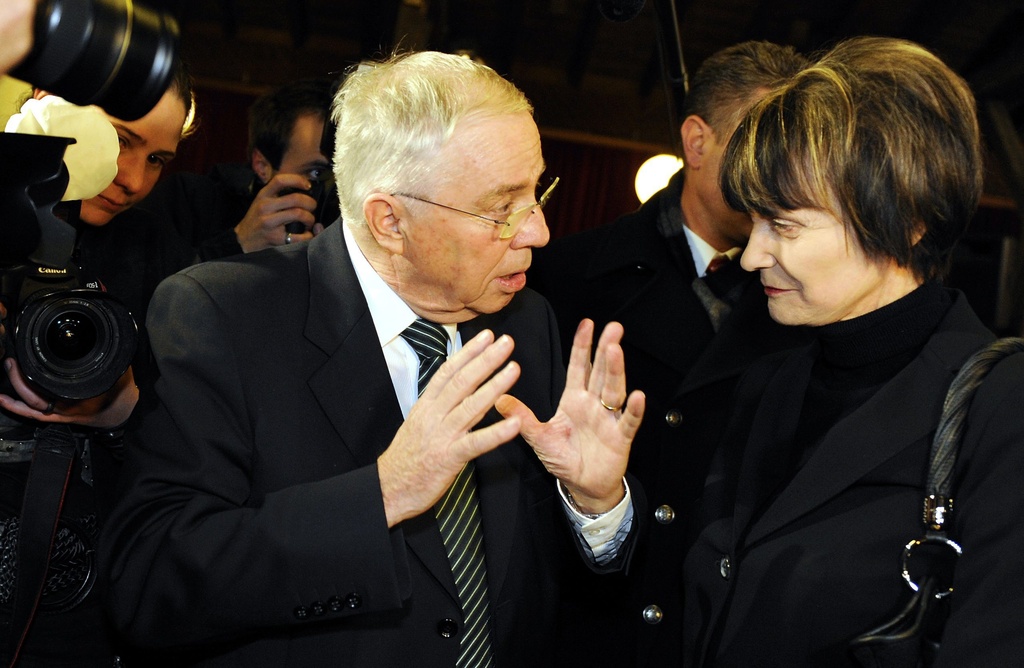
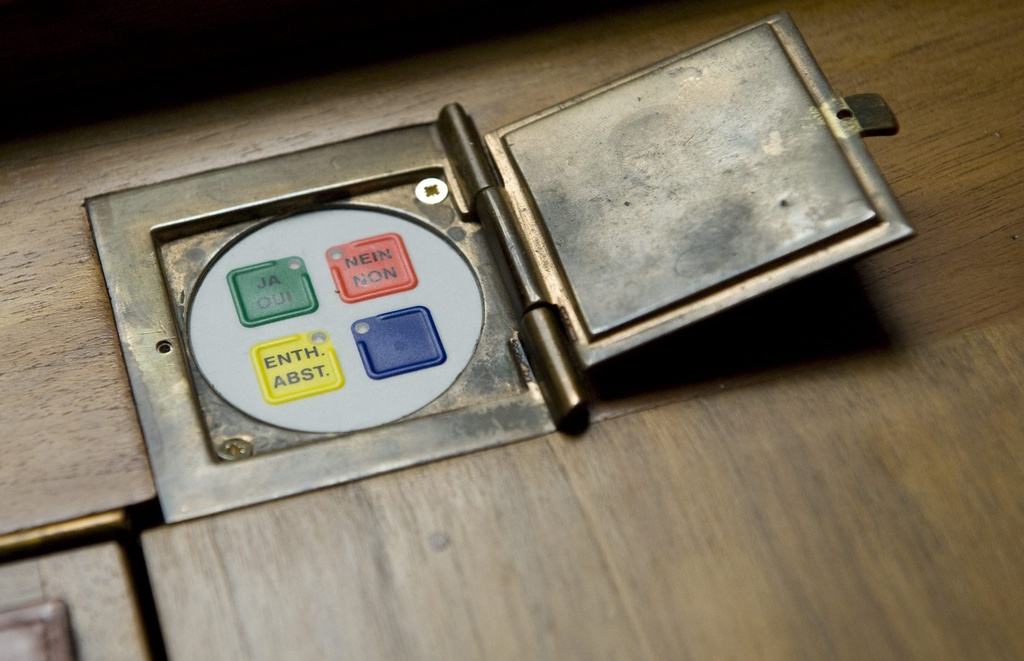
You can find an overview of ongoing debates with our journalists here. Please join us!
If you want to start a conversation about a topic raised in this article or want to report factual errors, email us at english@swissinfo.ch.